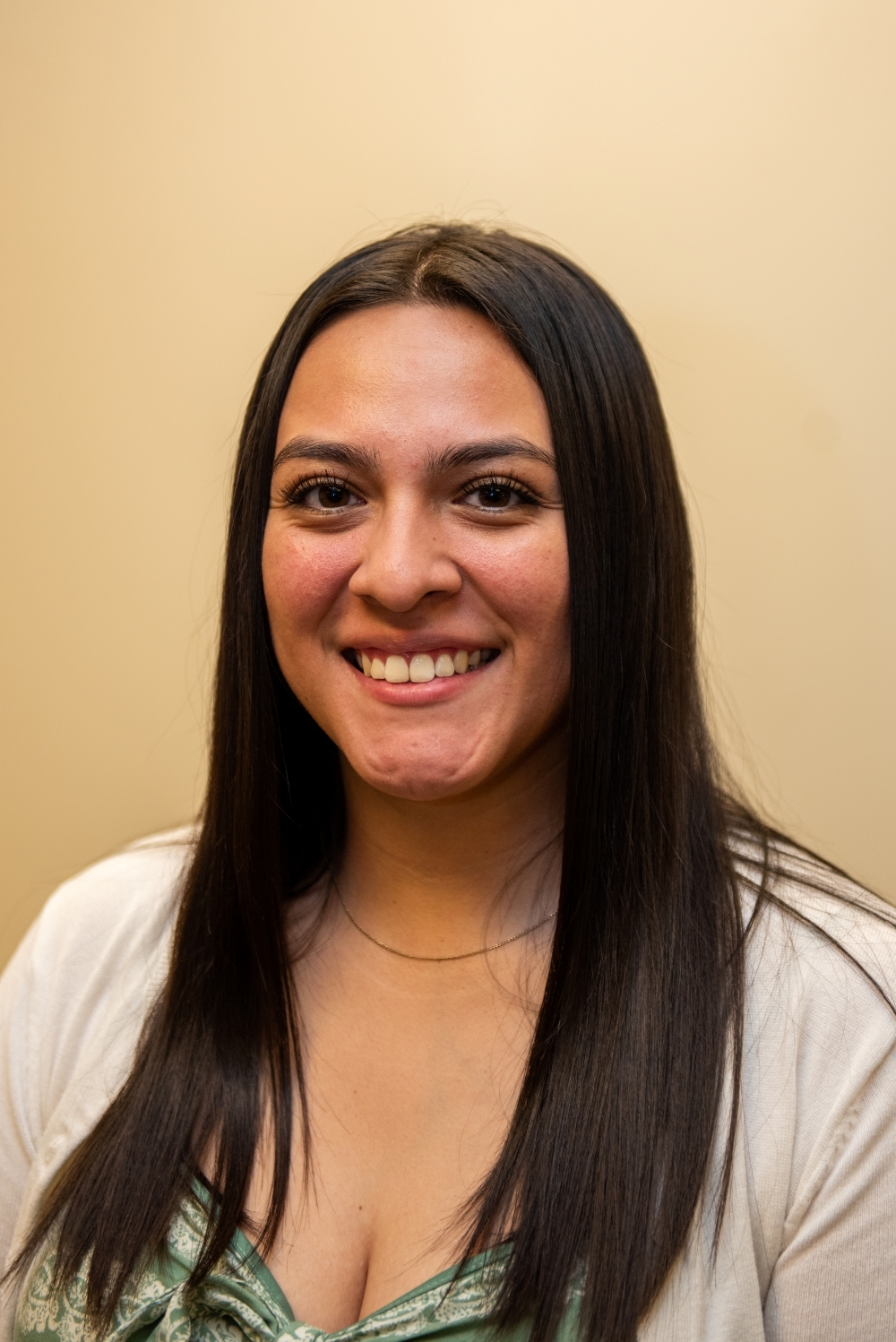Alejandra Benitez
25, Navigation Director at Pueblo Unido PDX

2025 Prize Winner
Alejandra Benitez and her brother were born in America, but when Alejandra was 14 years old, her parents received a removal order to return to Mexico. While it was the result of an immigration case that had been dragging on for years, it meant that her family was forced to leave their established home in Oregon behind.
In retrospect, Benitez regards her family’s situation as relatively fortunate, in that no one was detained or separated. But after living for less than two weeks in Mexico, she said goodbye to her parents and returned to the States to live with her aunt and uncle. “I just felt that I could help my family more by coming back and continuing my education.”
It was entirely her decision — made with the full support of her family — and it wasn’t an easy one, she says. “Up until that time, I had never been one night away from my parents. I wasn't ever that kid that wanted to go to sleepovers. My family was really important to me and I could never be away from them, so it was one of the hardest decisions that I've ever made. But I'm very glad that I did.”
After Benitez completed high school and college, a friend who worked at Pueblo Unido told her about an open position as a navigator. Two promotions later, she’s now the organization’s navigation director, and the work she does is deeply informed by her background. “My goal is to help people in situations [like my parents’]. I would have loved for them to have had that kind of support that maybe they didn't know about or wasn't available back then.”
At Pueblo Unido, Benitez and her team of navigators help immigrants connect with legal services, social services, translators, and anything else they might need to continue their lives and livelihoods in America. The group works closely with ECO Portland, which provides free legal counsel to those with immigration cases or who are at risk of deportation.
Making that connection is crucial, Benitez says. “In our presentations, we always teach people that anybody who's represented in immigration proceedings is five times more likely to win their case against deportation. And so, to me, it's really important — just knowing that I am doing what I can to help individuals who are finding themselves in a similar position that my family was in. That is what, at the end of the day, makes me happy: knowing that I'm having an impact on somebody else's life.”
Even though her time at Pueblo Unido is barely three years, Benitez has already shown incredible dedication and leadership skills. Her team has increased capacity — so much so that it’s on track in 2025 to submit more than twice the number of eligibility interviews for people to connect with immigration lawyers than they did in 2024. She’s also spearheaded a pilot program for a four-day workweek, providing her team the time and space to maintain a heavy workload that often finds navigators sharing difficult burdens with those they’re assisting.
For Benitez, the work itself is a series of small things, but those can add up to big changes. “I know that times are difficult, and I can't even begin to comprehend what individuals are going through,” she says. “Every experience and case is totally different. But we want to make sure that the community feels welcome — not only in the state, but in the country. I want to make sure that people know that we are happy to help them. We're happy to be in this position. And we want to make sure that if somebody needs resources, they reach out. It's not always easy to ask for help, but if we’re able to connect people with legal resources, there could be a good future here for them.”
Photo by Kenzie Bruce
Profile by Ned Lannamann
 Skip to main content
Skip to main content